Products are selected by our editors, we may earn commission from links on this page.
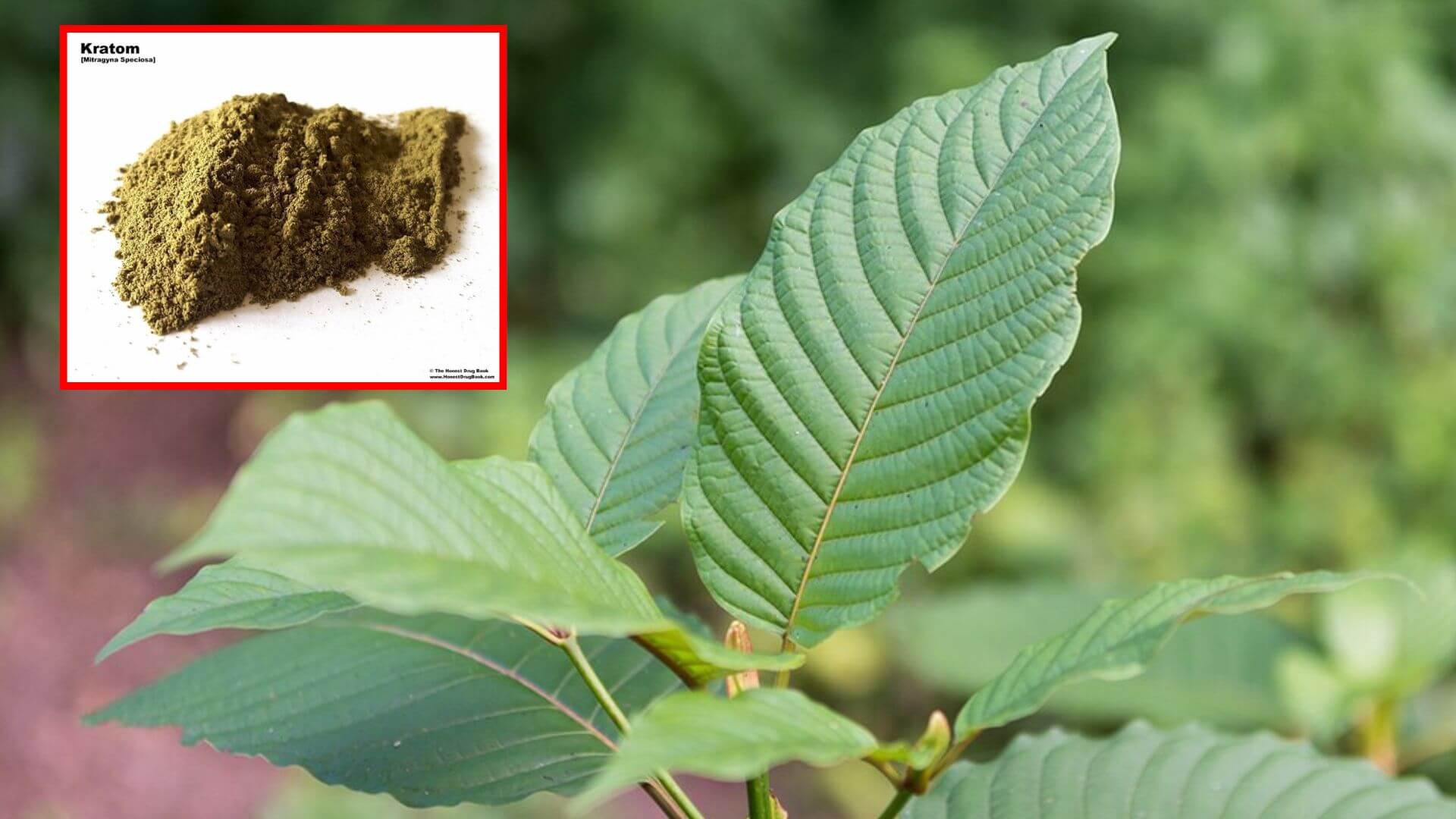
Two grieving families are sounding an urgent warning after their sons died using kratom, an herbal supplement sold openly in gas stations, smoke shops, and online. Marketed as “all natural” and safe, kratom has opioid-like effects and a mounting death toll, yet for years it remained unregulated.
“The government doesn’t step in,” the parents say, until tragedy forces its hand. Now, after their devastating losses, federal regulators are finally moving to restrict the most dangerous kratom-related products. For these families, that action comes too late.
Jordan McKibban’s Story: A Promising Life Cut Short

Jordan McKibban, 37, of Washington state, was a devoted son, partner, and outdoorsman who loved cooking for his big, blended family and working at an organic food distributor. He dreamed of starting a family of his own.
But in April 2022, after mixing a tablespoon of powdered kratom into his lemonade, something he believed was safe and “natural”, McKibban collapsed in his bathroom and never woke up. An autopsy showed mitragynine, kratom’s main active compound, had taken his life.
“I’ve lost my son. I’ve lost my grandchildren that I could have had,” his mother, Pam Mauldin, told The NY Post. “There have been hundreds of people killed from this, and they don’t pull it. The government doesn’t step in.”
Johnny Loring’s Story: A Young Life with So Much Ahead

In Columbus, Ohio, Jennifer Young remembers her 27-year-old son, Johnny Loring, as “the kind of guy who would give you the shirt off his back.” A flooring company delivery driver, he enjoyed fishing, playing the guitar, and spending time with his family.
Johnny began using kratom for anxiety and alertness, thinking it was a safe, plant-based alternative. Even when he started having seizures, no one (not even doctors) connected them to kratom. Then, during a family mushroom-hunting trip, Johnny collapsed and died. A toxicology report revealed lethal levels of mitragynine and gabapentin in his system.
“Our house is silent now. The void of Johnny is just loud,” Young said. “There’s no amount of money I could put on my child’s life.”
The Allure of “Natural” and the Hidden Risks
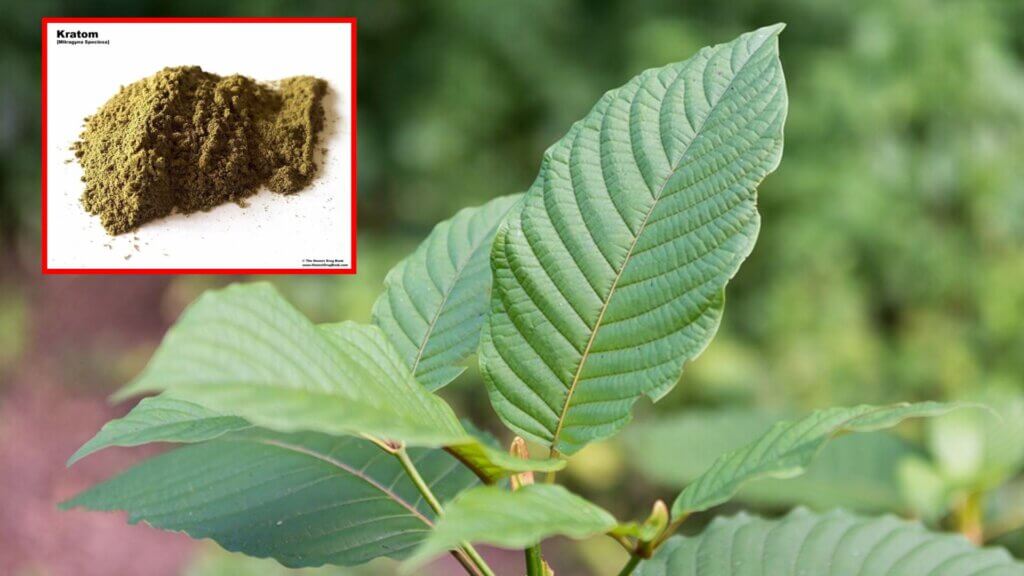
Kratom (Mitragyna speciosa), native to Southeast Asia, is marketed in powders, capsules, gummies, and “wellness” drinks as a cure-all for pain, anxiety, fatigue, and even opioid withdrawal. Its active compounds bind to opioid receptors, making it both addictive and potentially deadly.
In lower doses, kratom can act like a stimulant; in higher doses, it sedates. Users have reported dizziness, psychosis, seizures, high blood pressure, liver damage, and fatal overdoses. Experts warn that concentrated extracts and combinations with other drugs heighten the danger.
Why Families Say the Government Failed Them
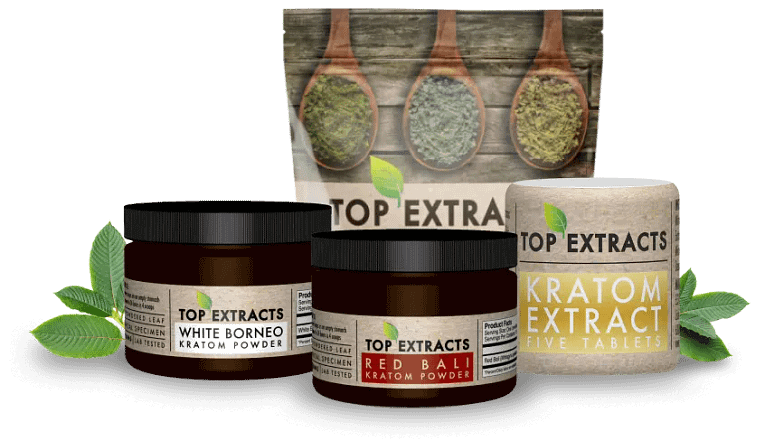
Both McKibban’s and Loring’s families stress that kratom products carried no meaningful warnings, no standardized dosing instructions, and were sold in bright, appealing packaging alongside energy drinks and snacks.
Mauldin pointed out the inconsistency: “I find it so frustrating when I get a recall from Costco over lettuce … and they pull it all off the market. There have been hundreds of people killed from this, and they don’t pull it.”
Experts Push Back Against “Safe in Moderation” Claims
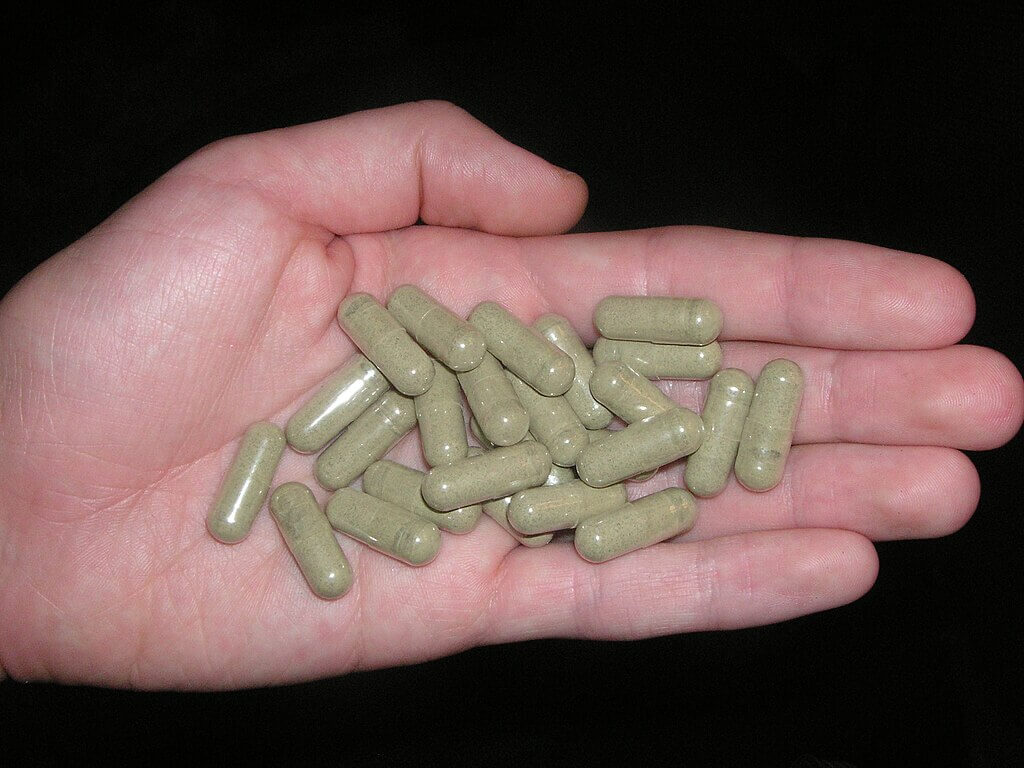
Some users insist kratom is harmless if used “responsibly.” But medical experts disagree: there are no FDA-approved uses or safe dosages. The Mayo Clinic and multiple studies have linked kratom to hospitalizations, addiction, and deaths.
As addiction specialist Dr. Robert Levy explained, “If you take enough of it, kratom does act like an opioid, and people can become addicted to it and have withdrawal from it and overdose on it.”
A New Threat: Potent Synthetic Kratom (7-OH)
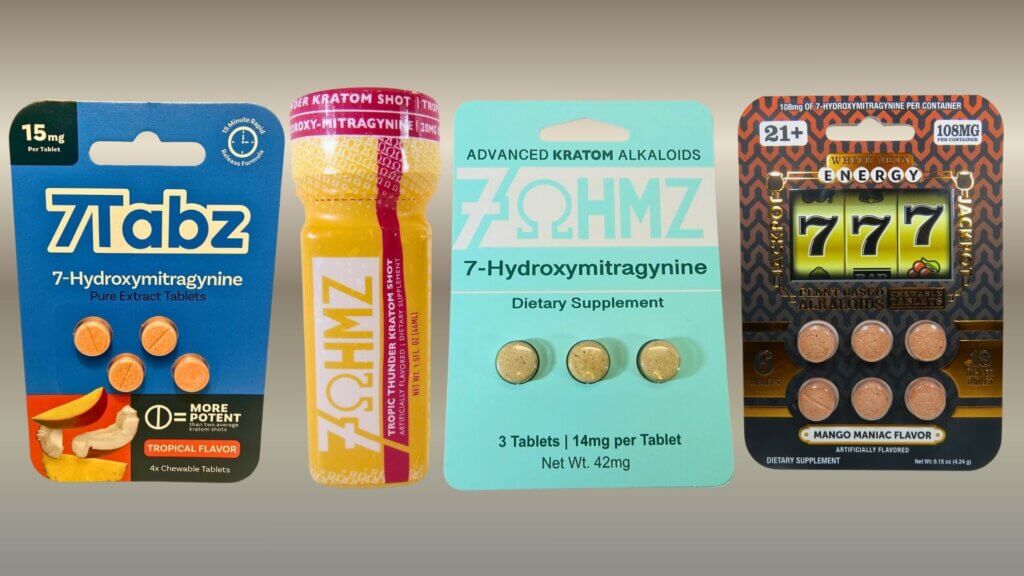
Beyond natural kratom, regulators are sounding alarms over 7-hydroxymitragynine (7-OH), a chemically modified derivative now sold in products like 7tabz, which concerned consumers call “legal morphines”. According to the FDA, 7-OH is an opioid far more potent than morphine, and its rising availability poses a serious risk of abuse, addiction, and overdose.
“7-OH is an opioid that can be more potent than morphine. We need regulation and public education to prevent another wave of the opioid epidemic,” FDA Commissioner Dr. Marty Makary warned.
The FDA has since recommended classifying 7-OH as an illicit substance and is taking steps to restrict its sale, pointing to it as one of the most urgent threats linked to kratom-related deaths.
FDA Warnings Came Years Too Late
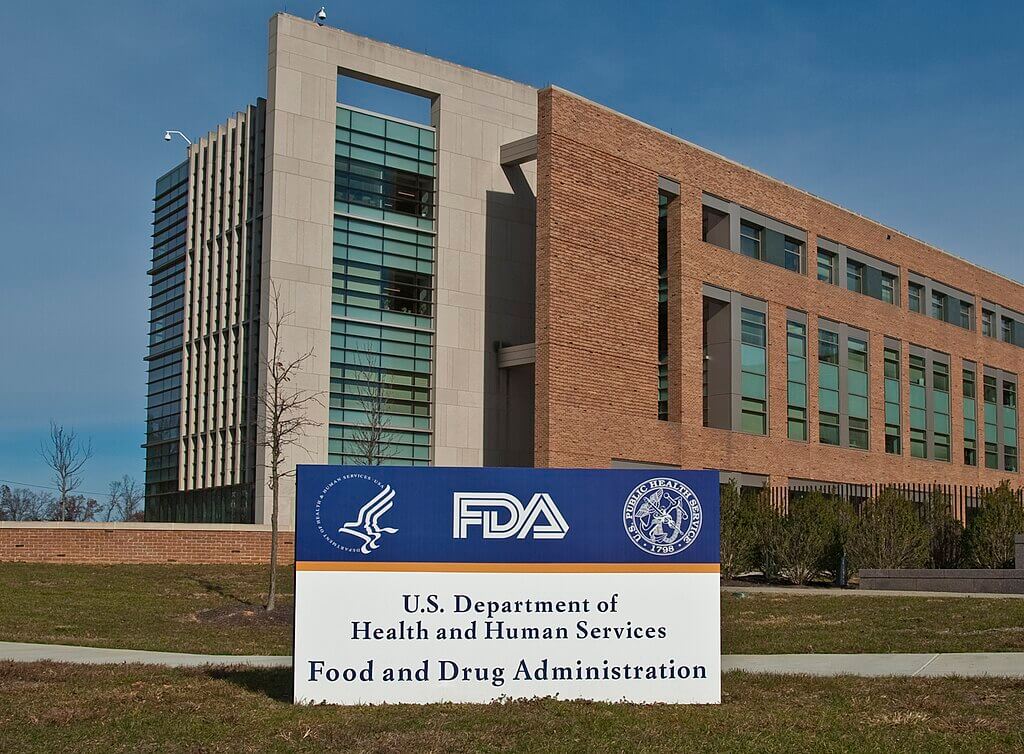
The FDA has warned since at least 2017 that kratom is “not lawfully marketed” as a drug, food additive, or dietary supplement in the U.S.
But despite growing evidence and hundreds of poison control calls, kratom remained widely available. Only now, after families like McKibban’s and Loring’s have suffered irreparable loss, is the government moving to restrict it.
What Families Want Now
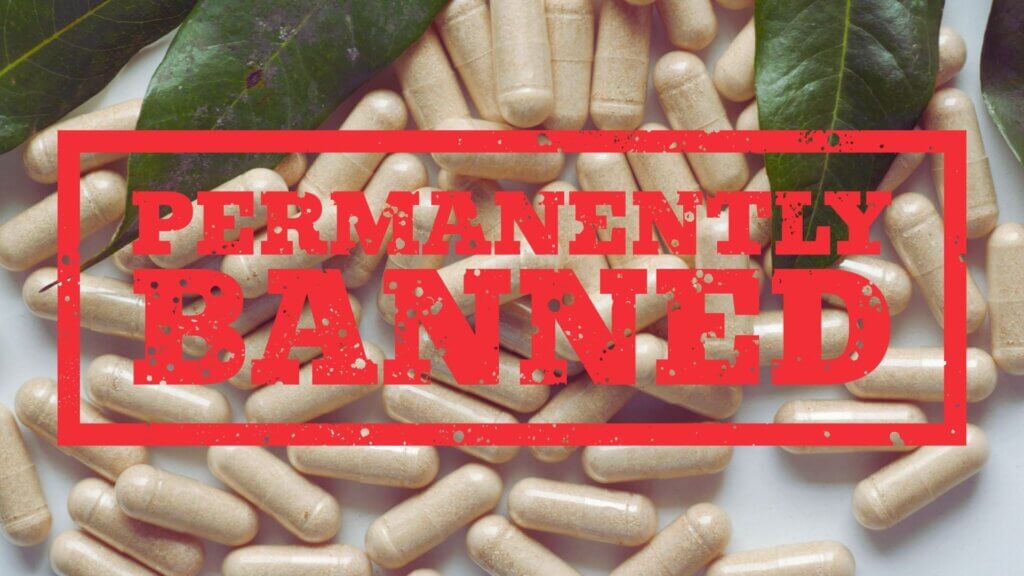
Both families are pursuing wrongful death lawsuits, but their ultimate demand is regulation—age restrictions, warning labels, product testing, and sales limits. Until that happens, they urge parents to talk openly about kratom with their children and recognize that “herbal” doesn’t mean safe.
As Young put it, “The level of kratom shocked me. It overwhelmed me. It made my gut sick. I didn’t realize it was so addictive.”
A Preventable Crisis

For Jordan McKibban and Johnny Loring, the promise of a safe, natural remedy turned fatal. For their families, the phrase “the government doesn’t step in” has become a bitter truth.
As the FDA finally tightens restrictions, the families’ message to the public is urgent and clear: don’t wait for regulation to protect you. Kratom is addictive, dangerous, and—as these families learned—it can kill.

